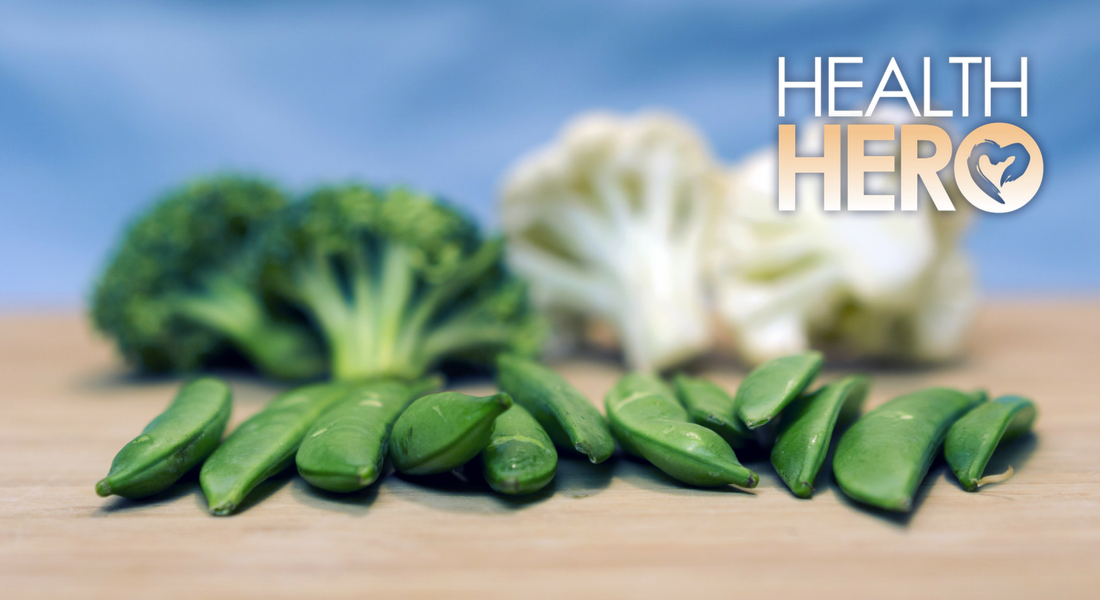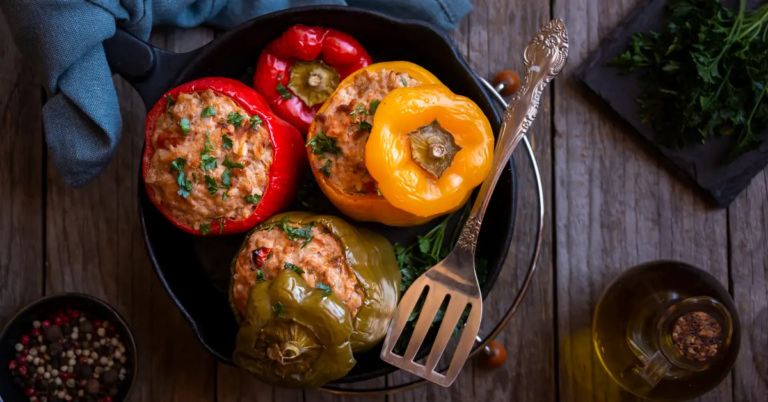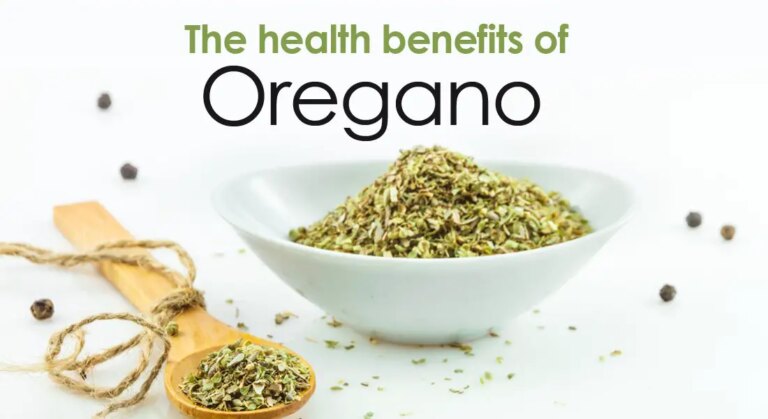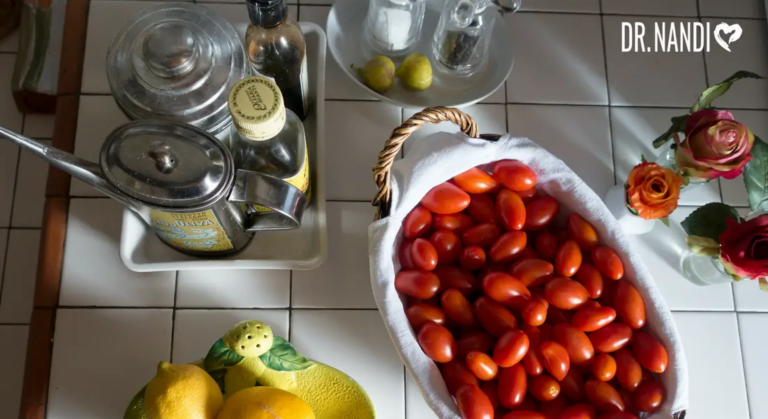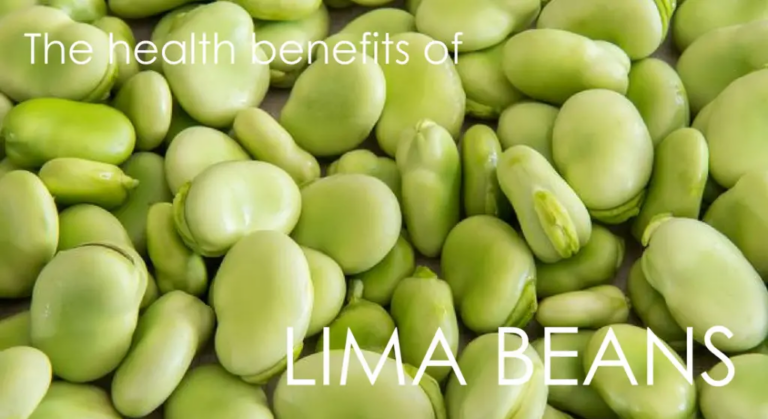The consensus about organic food is that it’s better for you. And for most people, that’s the extent of their knowledge. What does organic mean for your food and your health? Are non-organic foods dangerous? What makes “organic” any better, or is it just a sales tactic grocery stores use to get us to pay more?
I get many of these questions when discussing dieting needs with my patients. I hope to answer these questions and more so that you can know what to shop for and what you should and shouldn’t be putting on the table.
What Does “Organic” Really Mean?
The term “organic” is used to describe how agricultural products such as produce, meat, dairy, and eggs are grown and processed. While conventional produce is typically grown using chemical fertilizers, synthetic pesticides, and herbicides, organic produce is grown with natural fertilizers. The weeds and pests are controlled by natural methods such as tilling, weeding, traps, and natural pesticides.
Conventional livestock is usually grown with antibiotics and medications, non-organic GMO feed, growth hormones, and little or no outdoor access. On the other hand, organic livestock is fed organic non-GMO feed, has access to the outdoors, and diseases are prevented with natural methods like a healthy diet, clean living space, and antibiotics and medications.
The Benefits of Organic Living
You’re already starting to see the differences between organic and conventional food. Organic food seems to be taking the lead so far. But does the growth and processing method make a difference in your health?
It most definitely can! Organic food is highly nutritious, significantly impacting your mental and emotional health. Researchers have also found that eating organic foods can reduce the risk for certain diseases and obesity. Many of my patients have found their negative symptoms to lessen or disappear when they focus on maintaining an organic foods diet. Also, organic processing does a lot of good for the environment.
7 Organic Food Benefits That Keep On Giving
But that’s enough chit-chat. Let’s get into the real specifics of organic foods’ benefits.
Fewer Pesticides
Organic foods contain a higher level of nutrients and a lower level of pesticides. The pesticides and chemicals used on conventional produce remain in the food you eat. Shopping organic is the best way to avoid this.
Freshness
Because organic foods don’t contain preservatives to give them a longer shelf life, you can be sure that it’s fresh.
Environmentally Friendly
Organic farming is better for the environment than conventional farming. Organic production and growth strive for pollution reduction, water, and energy conservation, reduced soil erosion, and increased soil fertility. (6)
Animal Treatment
Organically raised animals are given more humane treatment due to using more natural methods to keep the animals healthy and happy. Conventional livestock is given antibiotics, growth hormones, and animal byproducts to make up for their inhumane lifestyle.
Richer Nutrients
Organic dairy products and meats are richer in nutrients, such as omega-3 fatty acids than conventional products. Organic produce is also more nutritious than conventional produce.
GMO-Free
Genetically modified organisms (GMOs) or genetically engineered (GE) foods refer to foods that have had their DNA tampered with and altered to be contrary to nature. Although the exact risks of eating GMO foods are still unclear, they have been linked to diabetes, cancer, and neurological defects.
Financial Benefit
Although not all organic food is grown locally, a lot of it is shipped from farms within a short distance to maintain freshness. It also assures that the money stays within the local economy. In some cases, more funds can go directly to the farmer instead of toward marketing or distribution.
You Get What You Pay For!
Although organic foods can be more costly than conventional foods, it is worth the extra buck to shop for organic foods that will benefit you nutritionally and environmentally. Also, making sure to buy produce when it’s in season, visiting the farmer’s market, or joining a food co-op or Community Supported Agriculture (CSA) farm are ways you can buy organic and save!
If you’re looking for a healthier, more nutritious lifestyle with physical and mental health benefits, buying fresh, whole, organic foods is the way.



